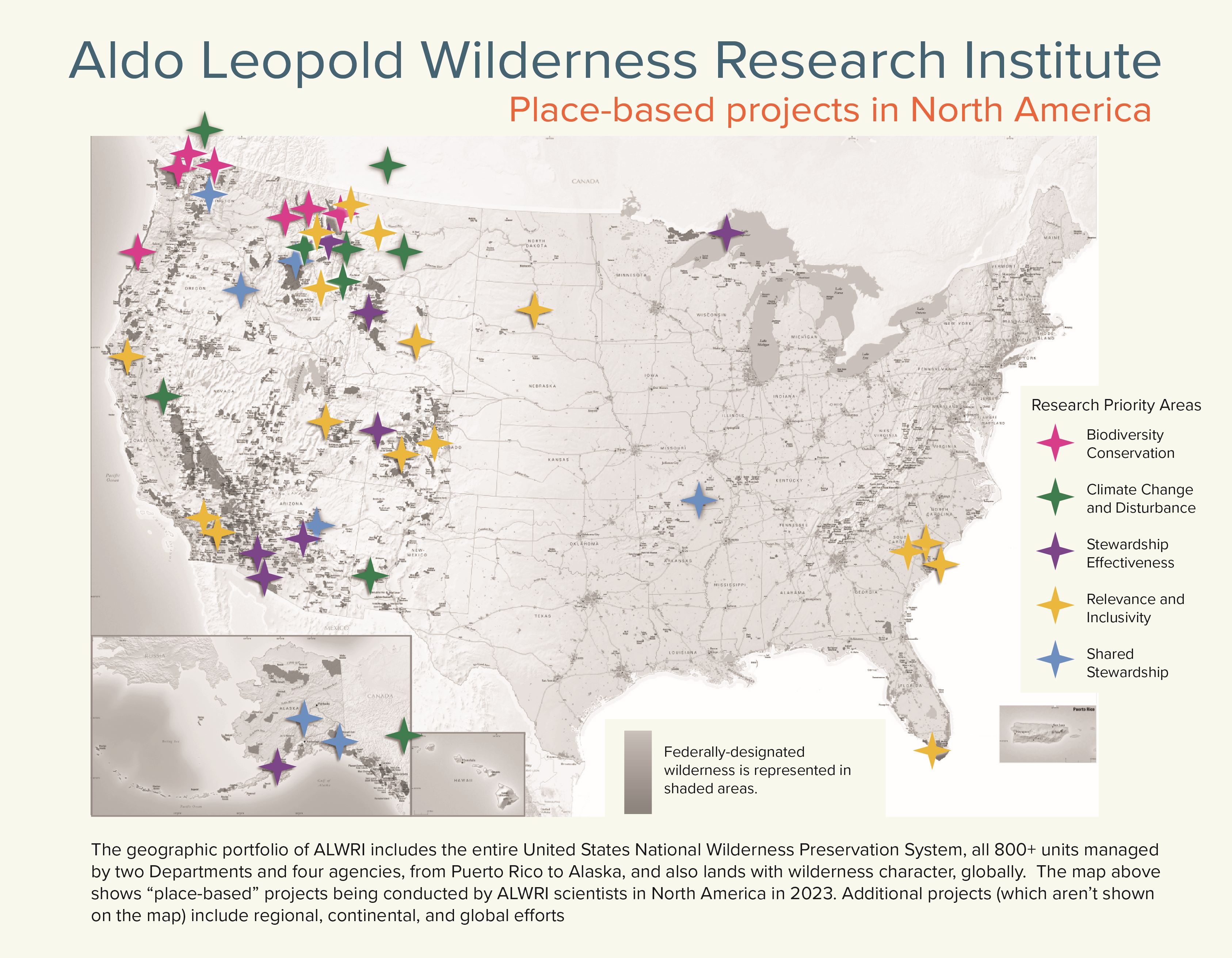Our Work
The Leopold Institute provides a focal point for the research needs of scientists, managers, and others from various disciplines and from across the country (and internationally), relevant to the stewardship of wilderness. Our emphasis on generating knowledge needed to improve the interagency stewardship of wilderness provides a focus that is unique among research groups within Forest Service R&D and more broadly. Through research, science delivery, and collaboration, we aim to be responsive to the needs of wilderness stewards and realize the Institute’s mission, "advancing wilderness stewardship through transformational science."
Research
The Aldo Leopold Wilderness Research Institute provides leadership in conducting, supporting, facilitating, and delivering peer-reviewed, scientifically rigorous, research, which forms the core of the Institute’s activities. The Institute's research staff conducts, coordinates, facilitates, and shares innovative research that improves basic understanding of wilderness resources and values, and their effective stewardship. Deliberate engagement and partnership with the management and broader stewardship community assures that information produced is applicable and responsive to current and future needs.
The scientific expertise of the Institute’s staff is coordinated and leveraged with that of partner agencies, universities, tribes, and other entities to produce state-of-the-art knowledge about wilderness and wildlands resources and the human uses and values associated with those resources.
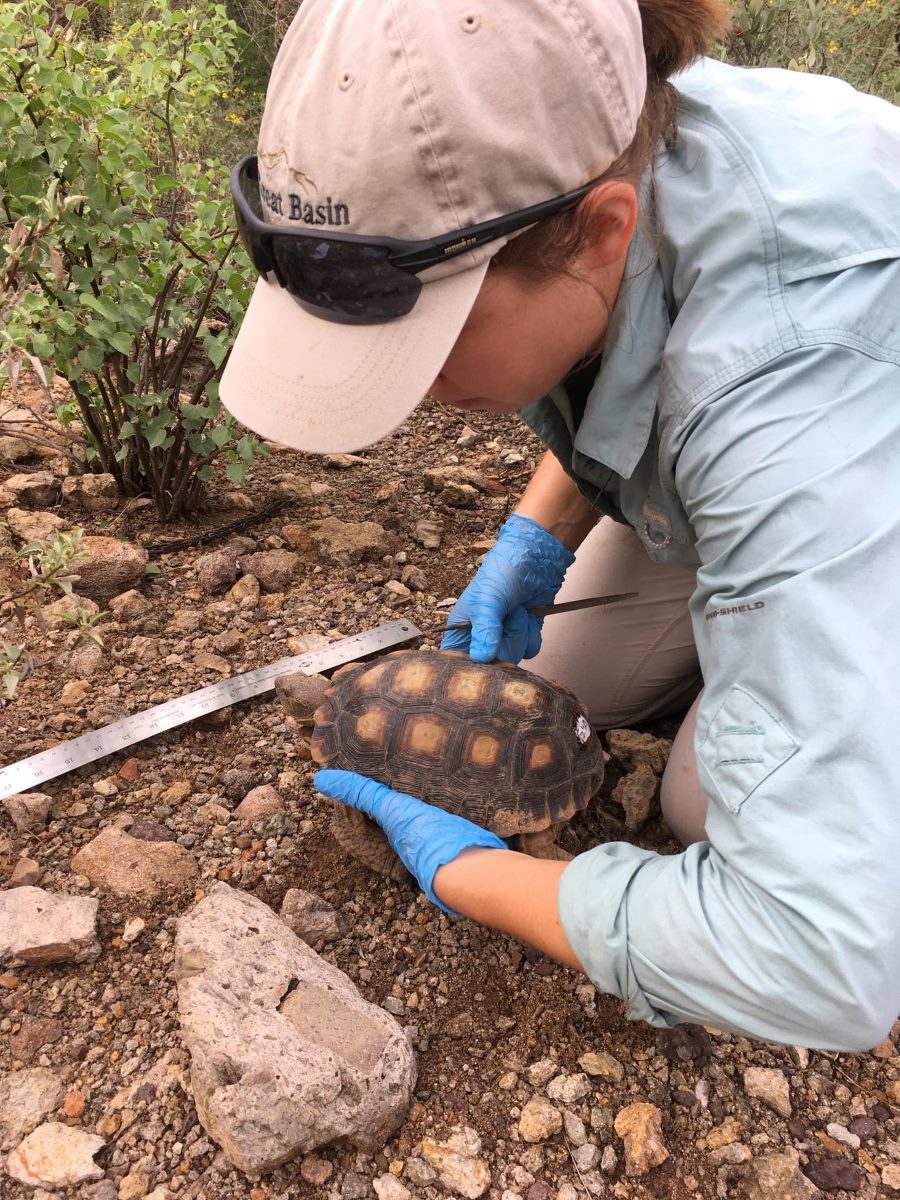
In addition to basic and applied research, the Institute produces practical syntheses, thought pieces, and decision support tools, such as monitoring protocols, models, and frameworks helping managers and policy makers address difficult issues. These products are produced through in-house, cooperative, and contracted studies.
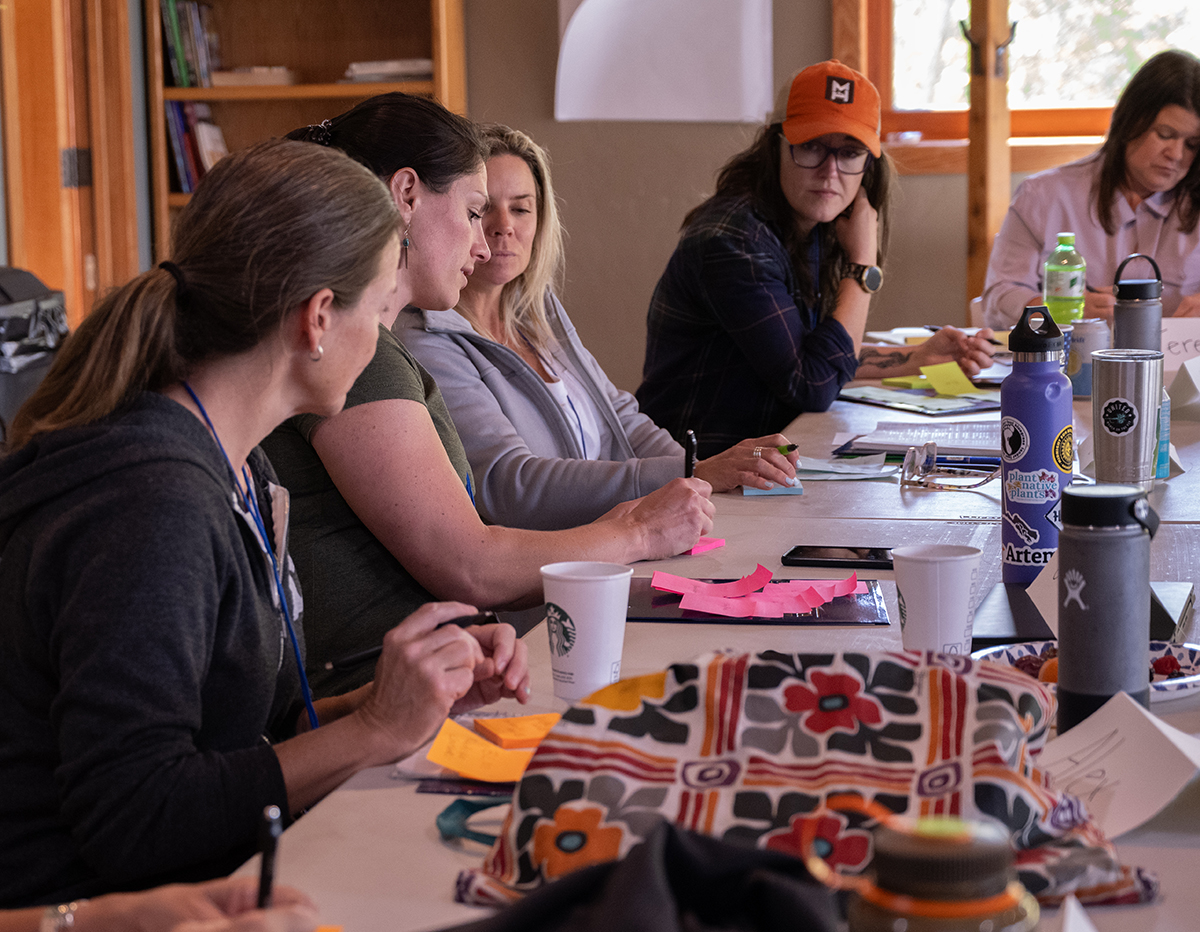
ALWRI recognizes that wilderness means different things to different people. Our research, research application, and knowledge-sharing programs honor and acknowledge the breadth of these meanings. Our current work aligns with five research priority areas identified in our 2022 Strategic Plan and Science Charter: Biodiversity Conservation, Climate Change and Disturbance, Stewardship Effectiveness, Relevancy and Access, and Shared Stewardship.
Science Delivery
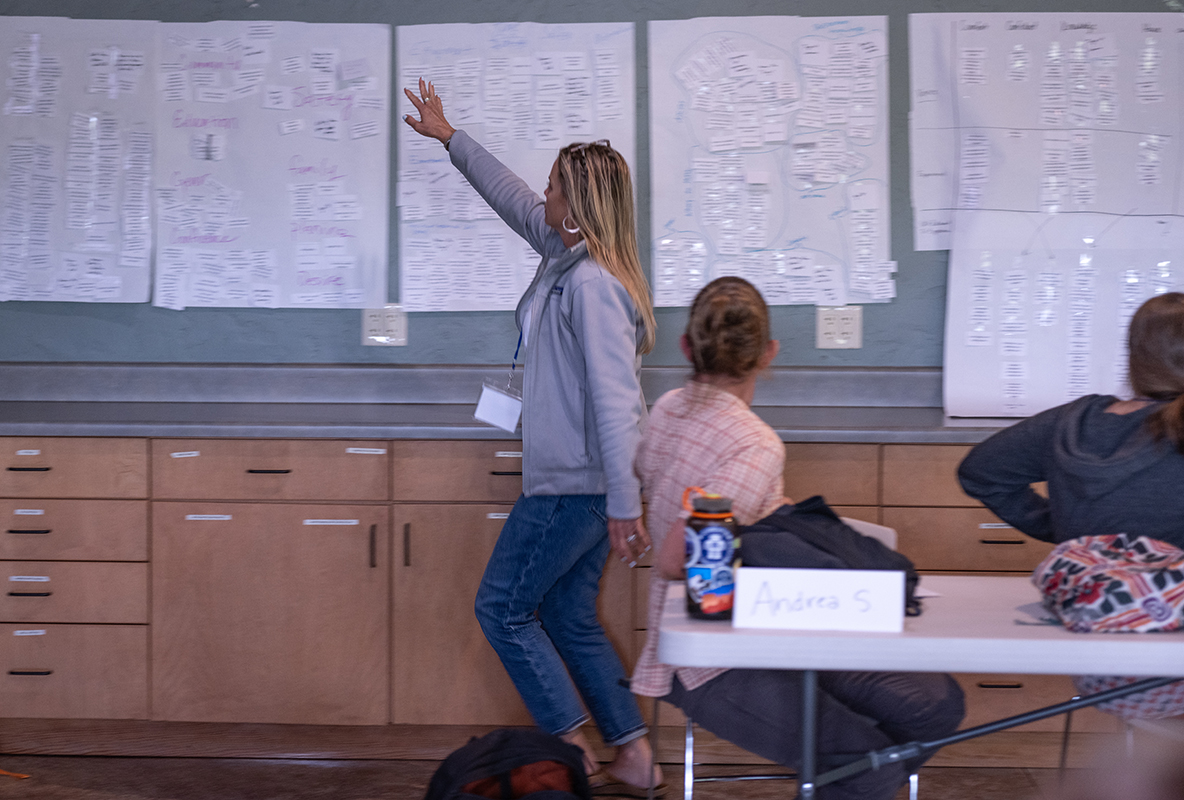
The effective sharing of research findings is arguably the most critical part of our work at the Leopold Institute. Accordingly, the delivery of scientific information has been a priority of the Institute since its inception. Research conducted and supported by the Institute is presented at meetings, conferences, and workshops (with scientists and managers), and is published in scientific journals, agency publications, and in symposia and workshop proceedings.
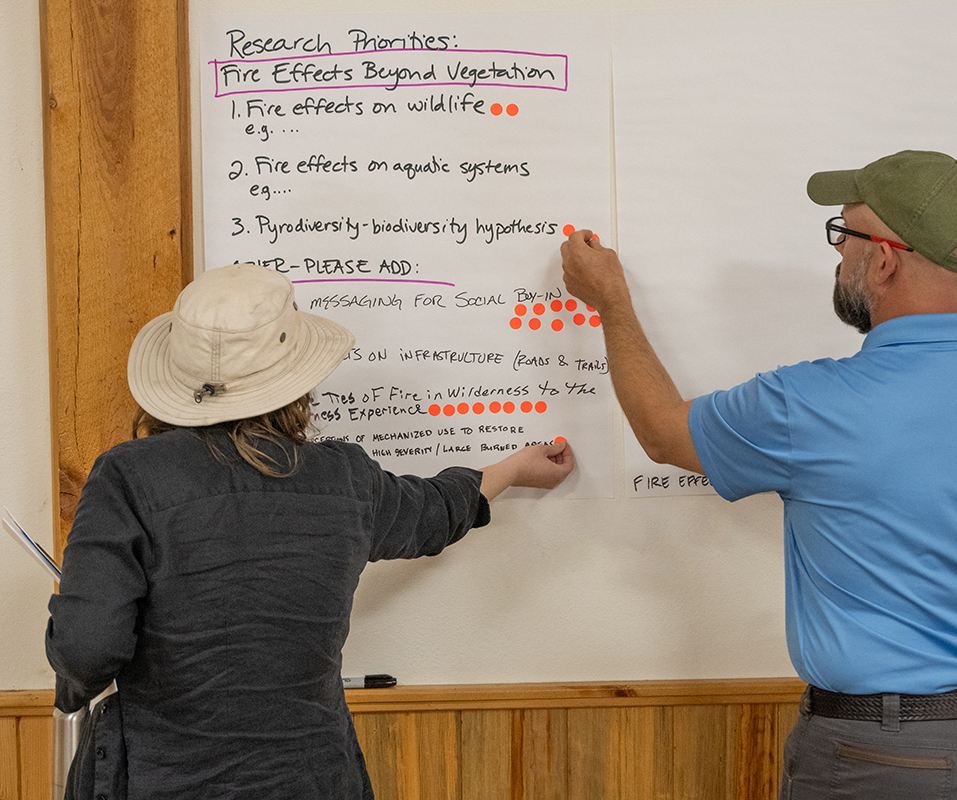
In addition, scientists at the Institute facilitate wilderness science and its dissemination by serving as: consultants, reviewers, and editors for journals; members of management and scientific committees; organizers and chairs for symposia and conferences; affiliate university faculty; and members of boards and committees for professional societies. These external activities reflect the professional stature of the Leopold Institute, its staff, and that of the Rocky Mountain Research Station.
Collaboration
Since our inception in 1967 and subsequent establishment as an interagency facility in 1993, ALWRI has embodied a holistic approach to research and science, more broadly, exemplifying the integration of social, cultural, and ecological perspectives on wilderness and wildlands. Collaborating extensively with management bodies, Tribal groups, academia, NGOs, communities, and other partners globally, ALWRI plays a pivotal role in fostering an understanding of wilderness significance.
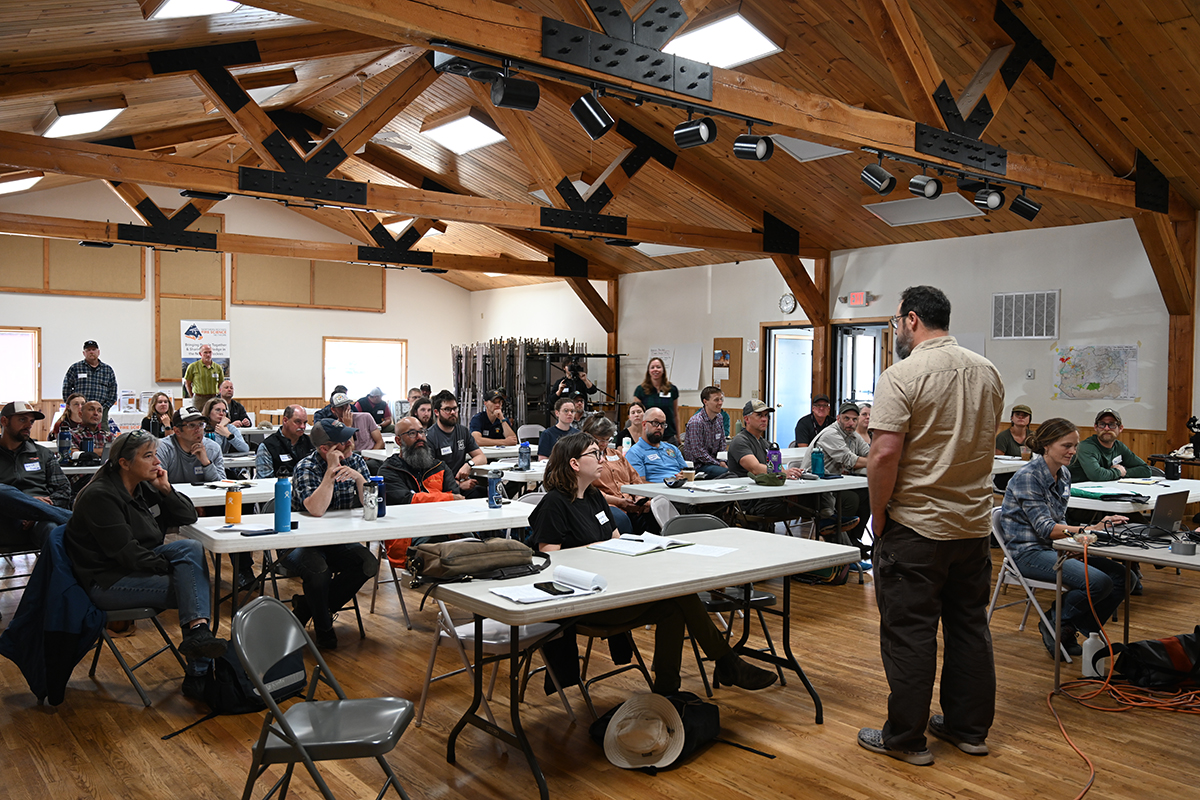
ALWRI engages with a broad audience through workshops, symposia, scientific exchanges, and other cooperative arrangements to encourage and facilitate dialogue and collaborative approaches. In part, because we are a relatively small organization working to address the science needs of an entire wilderness preservation system (nearly 112 million acres over 800+ units) and wilderness stewardship more broadly, we continue to explore and expand opportunities for collaboration with scientists, managers, and others from diverse disciplines and backgrounds that will further expand our capacity to support wilderness research and science delivery needs.
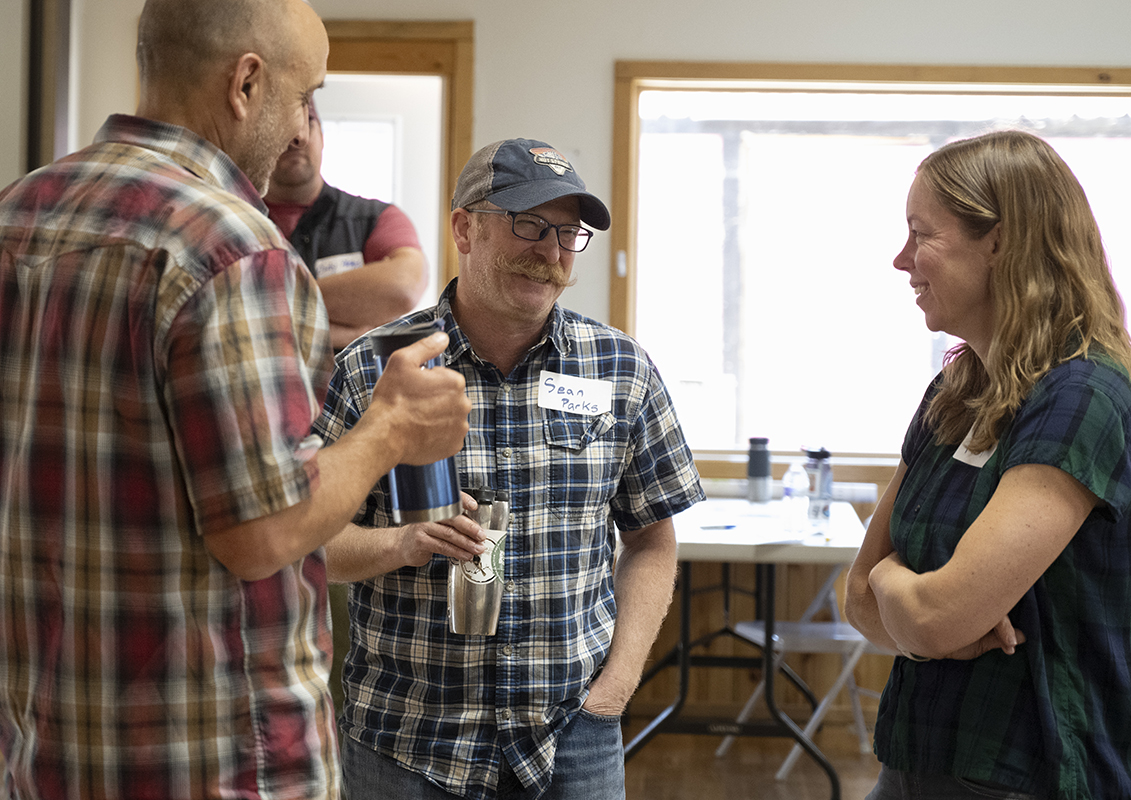
We welcome opportunities to partner on research projects and are eager to discuss potential collaborations with you!
Current Projects
Today, as defined in our 2022 strategic plan and science charter (linked), ALWRI is advancing a research agenda that prioritizes work on biodiversity conservation, climate change and disturbance, stewardship effectiveness, relevance and inclusivity, and shared stewardship. Our work is happening through roughly 40 research projects distributed across the nearly 112-million-acre NWPS, from southern Florida to Alaska, and internationally.
